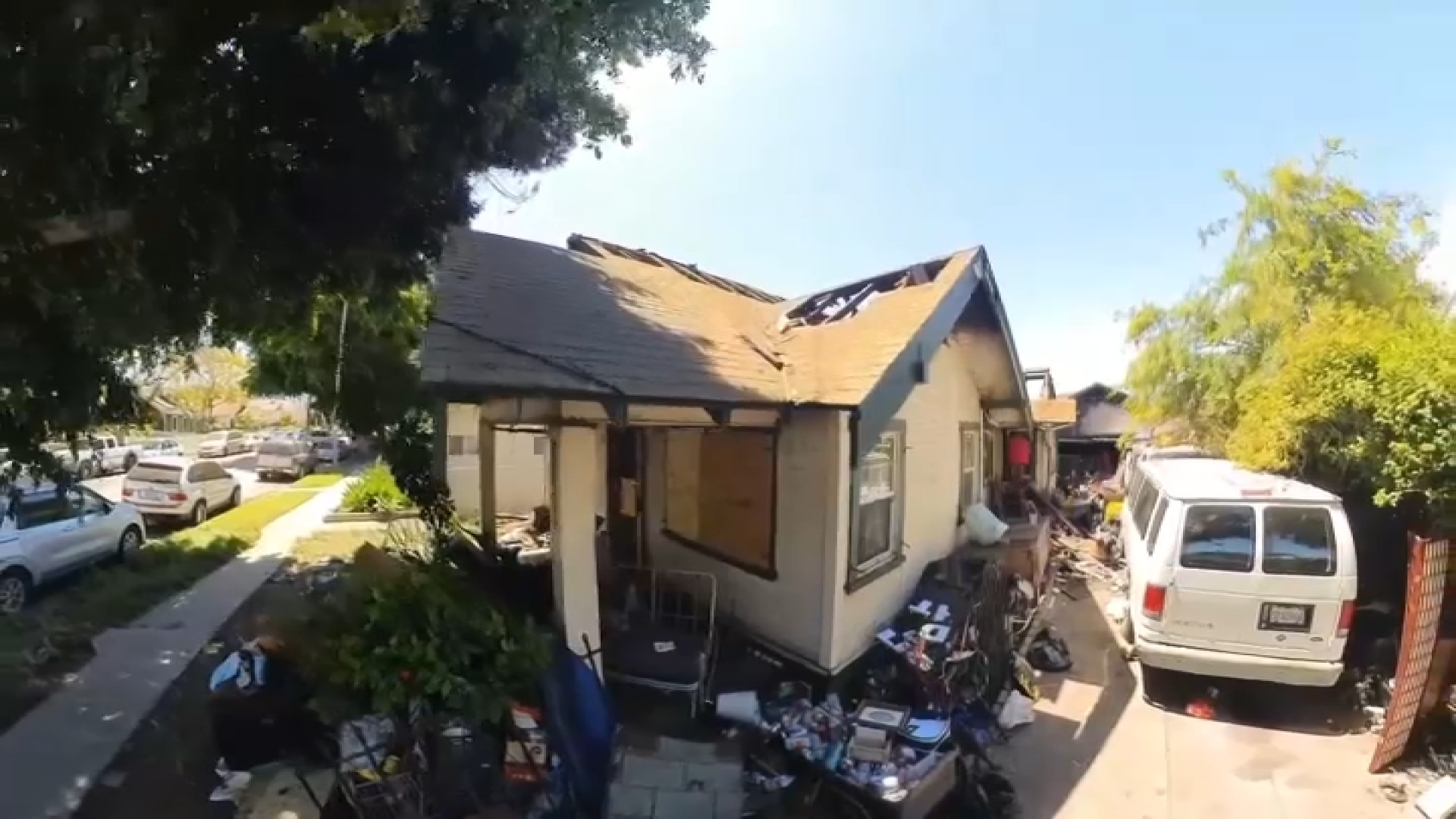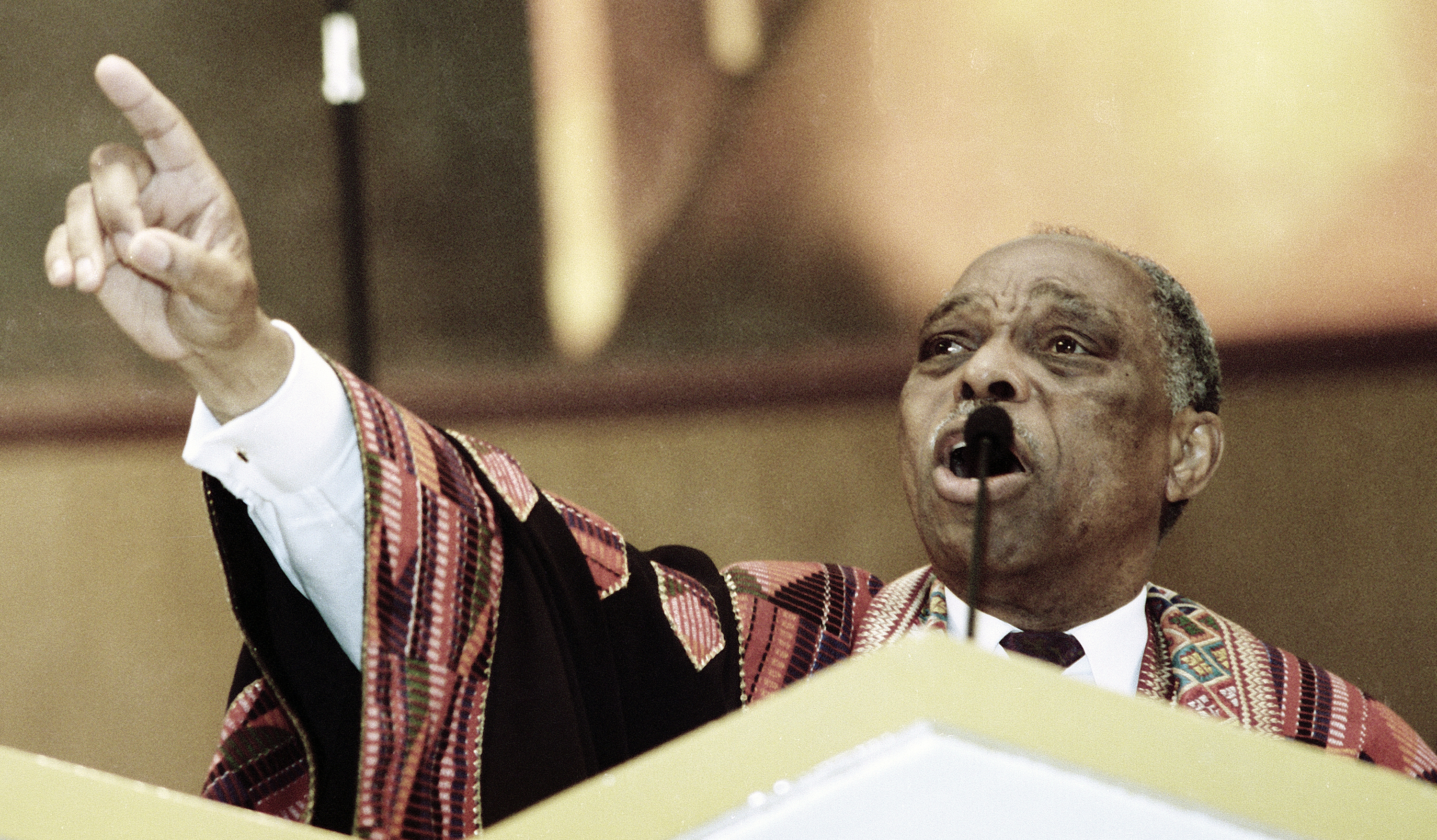Opponents of the recently signed bill to overhaul the state's monetary bail system Wednesday began the process to qualify a referendum for the ballot to overturn it by filing documents with the Office of the Attorney General.
"This misguided legislation is opposed by scores of various interest groups on all sides of the aisle," said Jeff Clayton, executive director and policy director of the American Bail Coalition, a trade association of national bail insurance companies.
"When this legislation was hijacked at the eleventh hour, we knew that we would not let this stand. We are building a substantial wall that will hopefully prevent this reckless legislation from ever becoming law."
Gov. Jerry Brown signed SB 10 into law on Tuesday, saying "today, California reforms its bail system so that rich and poor alike are treated fairly."
Under SB 10, people arrested on suspicion of criminal offenses can be held in jail only if they pose a significant risk to public safety or risk missing their court date, according to Sen. Robert Hertzberg, D-Van Nuys, one of the bill's co-authors.
Instead of setting money bail amounts, the legislation allows for non-monetary release conditions for eligible defendants, such as GPS monitoring or home detention with electronic monitoring.
The bill gives judges discretion to determine which defendants pose a safety risk to the public or might potentially fail to appear in court and should remain jailed.
News
Top news of the day
"Our industry has been a significant part of this grand experiment called the United States of America for most of its history," said William Carmichael, chairman of the American Bail Coalition.
"We are not going to allow it to go away, especially at the expense of the trammeling of constitutional rights and the dehumanization of all of those who will be processed by the new justice-by-algorithm system."
Backers of the bill say that quantitative data would play only one part in assessing the danger posed by any individual defendant because judges would have access to other information.
The bill requires local courts to set up systems to identify individuals who are a risk to public safety or at risk of missing their court date, but allows jurisdictions to dictate the specifics, rather than taking a one-size-fits-all approach.
The result would be that a "vast majority" of people would be released from jail within 12-24 hours of their arrest, according to the bill's sponsors.
Under state law, valid signatures from 365,880 registered voters -- 5 percent of the total votes cast for governor in the 2014 general election -- must be submitted for the referendum to qualify for the ballot.
The law's provisions would be suspended if the referendum qualifies for the ballot.



